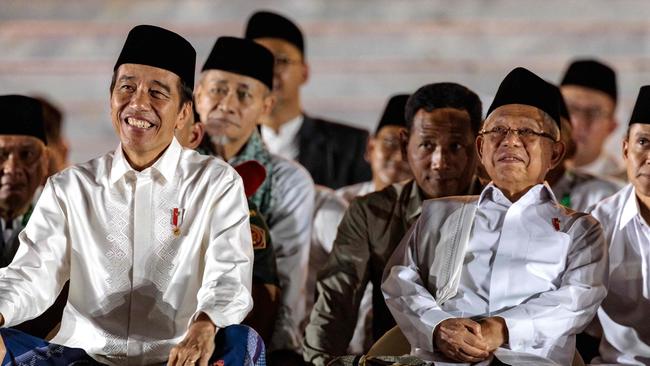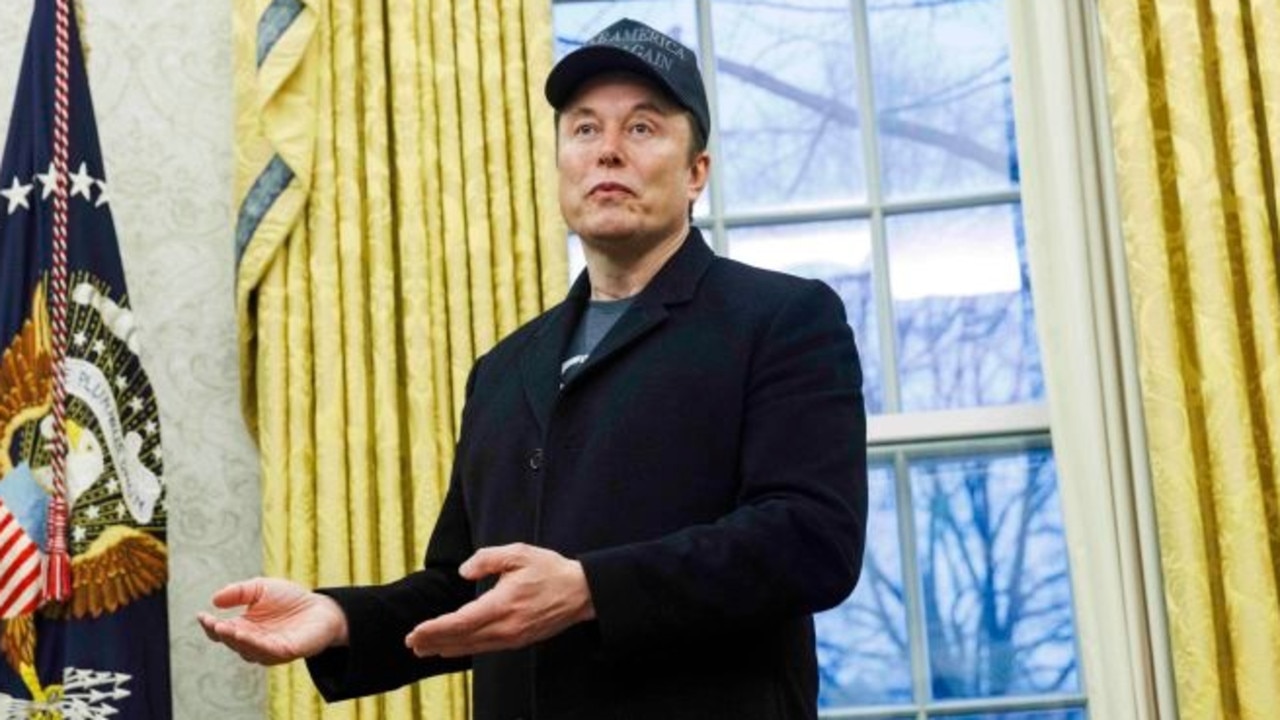‘Thirst for power’ stains Jokowi’s political legacy
The gloves are off as Indonesian president Joko Widodo seeks to shore up a post-presidential power base.

As the countdown begins towards Indonesian President Joko Widodo’s last days in office, a bare-knuckles political brawl has spilt into the open over efforts by the outgoing leader to shore up a post-presidential powerbase.
The shock weekend resignation of cabinet minister Airlangga Hartato as chairman of Golkar – the country’s second largest party – has forced long-simmering tensions into the public over how the President is going about that.
Critics have accused Jokowi of trying to orchestrate a “Putin-like” hold on power by securing proxy control of the country’s oldest party, the former political vehicle of Indonesia’s late dictator Suharto.
In a searing opinion piece on Tuesday, Jakarta Post editor-in-chief M. Taufiqurrahman warned Airlangga’s allegedly coerced resignation as Golkar chairman – a day after receiving a summons from the Attorney-General’s office over a palm oil corruption case – reflected a wider problem in Indonesian politics.
“Airlangga’s ouster is the latest example of the increasingly familiar use of undemocratic brute force to achieve unchallenged political ascendancy,” he wrote.
Tempo newspaper was similarly blistering, concluding; “Jokowi’s thirst for power adds to the long list of transgressions he has committed in the past decade.
“After weakening the Corruption Eradication Commission and the Constitutional Court, pushing for the controversial Job Creation law and other reckless policies, he is now suspected of meddling in a party for his personal and family interests.”
The President’s office has denied any role in the weekend events that have stunned even political insiders.
Few are buying it.
Airlangga, Indonesia’s co-ordinating minister for economic affairs, wasn’t due to step down as party chairman until December, after Jokowi’s presidential term ended and regional elections had been held.
Talk of corruption charges against Airlangga first circulated last year after Golkar indicated it might not support Jokowi’s anointed successor, Prabowo Subianto, for the presidency. Golkar quickly fell into line behind Prabowo.
Taufiqurrahman says such threats have become a familiar tactic to “cow would-be opposition parties into submission”.
With his resignation, Golkar will now be forced into an early internal election that is widely expected to install one of Jokowi’s most loyal lieutenants – investment minister Bahlil Lahadalia – into the top job.
Taufiqurrahman told The Australian on Tuesday that Indonesia faces a scenario in which one man – Jokowi – could hold political sway for many years via proxy control of a major party expected to play a key role in the next government.
“This is really the last, most brazen move to secure his post-presidency power. This is village-level election politics at a national level,” he said.
“He is looking to extend his influence in the expectation that his son will make it (to the presidency) in 2029 or later.
“It’s sad to see that after 25 years of reformasi this is the place we have arrived at.”
Jokowi’s oldest son, Gibran, will be sworn in as Indonesia’s next vice-president in October after successfully running for office alongside Prabowo in February’s elections.
The Constitutional Court, then headed by Gibran’s uncle, changed eligibility laws to allow the 36-year-old to run. Jokowi’s youngest son is tipped to run for deputy Jakarta governor in November after the Supreme Court recently changed eligibility age limits to allow the 29-year-old to contest. Jokowi’s son-in-law, Bobby Nasution, is running for North Sumatra governor.
The weekend coup is just the latest attempt by the popular President – who does not have his own political party – to retain influence after his term ends on October 20 and Prabowo takes office. Previous efforts by loyalists to circumvent Indonesia’s constitutional bar on a president serving more than two terms – first by proposing a term extension during the pandemic and then by deferring elections – both failed.
Indonesia’s two-term limit was imposed precisely to prevent a repeat of the Suharto era in which the former general ruled with an iron fist for more than three decades before his ouster in 1998.
Whether Jokowi’s hardball politics pays off, however, remains to be seen, given the rollcall of political enemies he has amassed through such tactics, says Australian National University emeritus professor Greg Fealy.
“This intention to hold onto practical power …. Jokowi wants the ability to control people and you’d have to go back to Suharto to see someone quite like that,” he said. “If he succeeds it will be seen as yet another step taking Indonesia back to Suharto’s New Order period.”



